எழுத வழங்காத வாழ்வு கழுதை புரண்ட களம்
It was Mrs. Hema, an alumni, now teaching social work in Mannar Thirumalai Naicker College, asked me whether I have updated material to use for Rural Community Development paper. She had some material prepared by me in the 80s. It was about history of Rural Reconstruction Movements in India. The original handwritten copies even now used and circulated. History never gets old. Is it not?
The original notes got metamorphosed into several forms. From handwriting to cyclostyling to dot-matrix print. The metamorphosis stopped there because of the shift in course allotment –I opted for Regional Planning & Development.
At present, community development students and faculty are preoccupied with current issues in development – SHGs, PRA, Project Planning. .. I myself felt that sound knowledge base cannot be built if we ignore the historical past.
When the specialization was introduced, I took one or two batch of students to Marthandam as a pilgrimage, from where Spencer Hatch and his wife initiated their Light House project. We even meditated at the round shed from where Hatch conducted several training programmes. I don’t know whether YMCA is keeping that structure intact or not. I had a special regard for Hatch because it was he who used poor and poverty in his writings when other pioneers were talking about improving the standards of living and cultural rejuvenation.
How can we forget the contributions of Tagore, Brayne, Maharaja of Baroda, Albert Meyer and SK Dey and other noble souls. No doubt over the years, community development workers have sharpened their intelligence and efforts and contributed their might to “Uplift” the rural community. But the pioneers were our deities and energizers. Remembering them and acknowledging them is the real tribute that we can pay for them.
However we modernize and update the syllabus, it is impossible to take away the history of community development. So I decided to update the material on Rural Community Development, by incorporating images of the pioneers.I searched the net. Accidently I found an article “The history behind ‘Gurgaon Experiment’ in a blogspot (Shubham Basu).When I further digged it, I came to know that it was a chapter in a book “Losing Asia: Modernization and the Culture of Development” written by an American Geography Professor by name Bret Wallach. I strongly recommend that students of rural development should not miss this and I am planning to translate it in Tamil for the benefit of Tamil students.
![clip_image002[4] clip_image002[4]](https://blogger.googleusercontent.com/img/b/R29vZ2xl/AVvXsEhy8kSOzw2YzzwkmQ2eq8Pkzl1LZJy8rFBv4-YM0_tJ-o3SFpKEGDZG_vveZp5H7o5ohILUDb3rqGa4RIMGA7n0W_LXE1qnDmS8QIWc2V_d-N7qSM5v3qWBl25WHI5w_8p0yYe2DR7kCCsi/?imgmax=800)
Bret has brought great personalities Chester Bowles, Paul Hoffman, V. T. Krishnamachari, Jawaharlal Nehru, Albert Mayer, Arthur Mosher, Sachindra Kumar Dey (S.K.Dey) and places Etawah, Baroda, Nilokheri, Marthandam in such a way urging us to have a darshan of these people and go for a pilgrimage to those places. I felt heavy when I read the concluding remarks, “the block system remai
I hope that I would catch the spirit of the past in Bret Wallach words in Tamil.
Bret Wallach - Losing Asia: Modernization and the Culture of Development.
Read Introduction to Rural Community Development in Scribd & wePapers
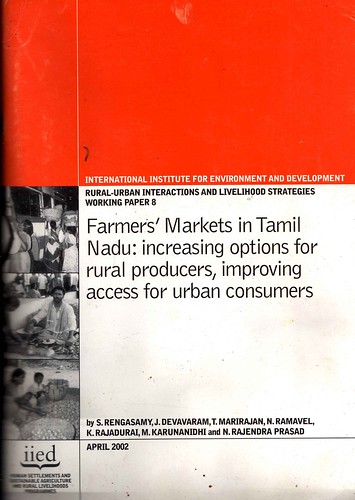
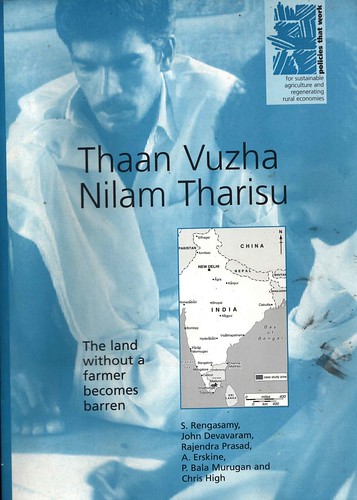
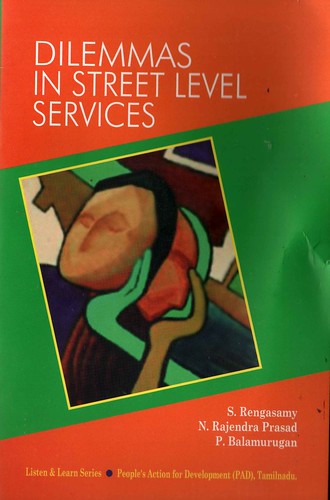
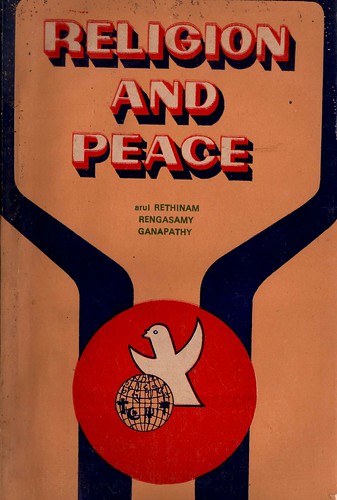

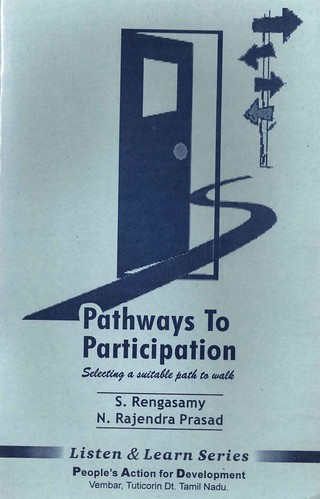




No comments:
Post a Comment